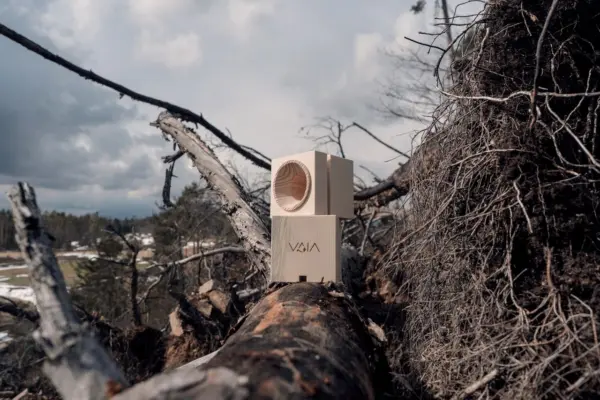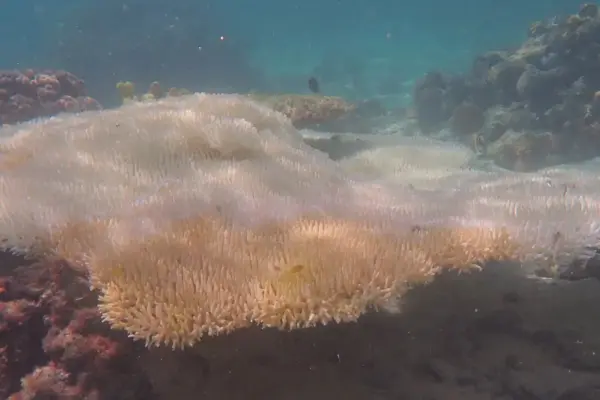World War I Relics Found in Italian Alps Thanks to Melting Ice
The impact of climate change can be felt everywhere. Over the years many glaciers and snow covers have been melting. However, this melting of ice has also revealed some hidden relics of history. Recently, researchers have discovered the relics of World War I in the Italian Alps thanks to melting ice.
These century-old relics were hidden under ice and frost over these past years. This melting of ice took place near the Stelvio Pass, located in the northern part of Italy.
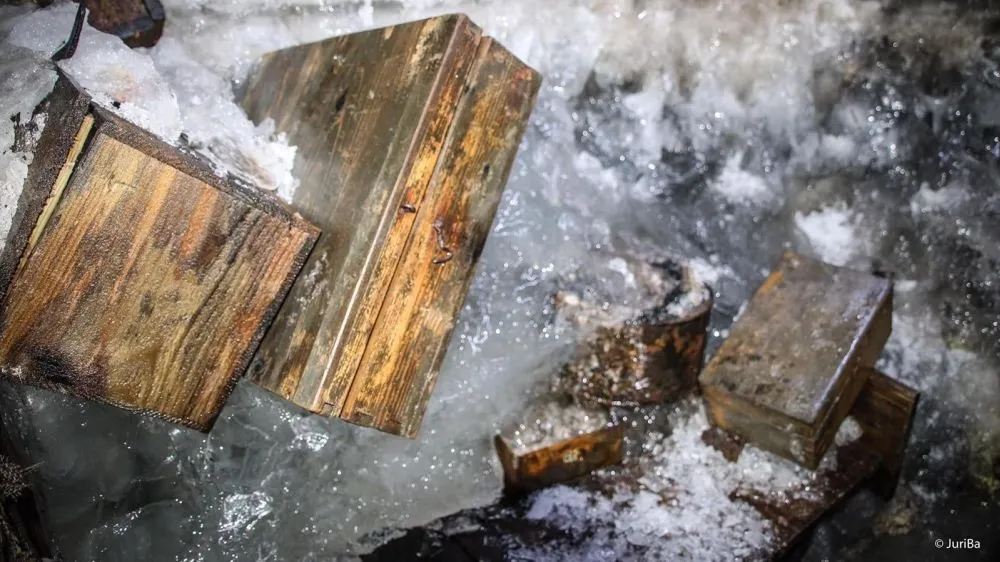
World War I relics found in Italian Alps | Image: Stelvio National Park
At that time, the soldiers had dug a cave on the top of Mount Scorluzzo. The cave is now part of the outdoors of the White War Museum in Stelvio National Park. It once served as a shelter for Austrian soldiers during the war.
The researchers knew about the existence of shelter for a long time. They were only to enter there in 2015 after the ice that had sealed its entrance for almost a century melted completely. The recovery work started in 2017 and the researchers found more than 300 relics in inhumane conditions.
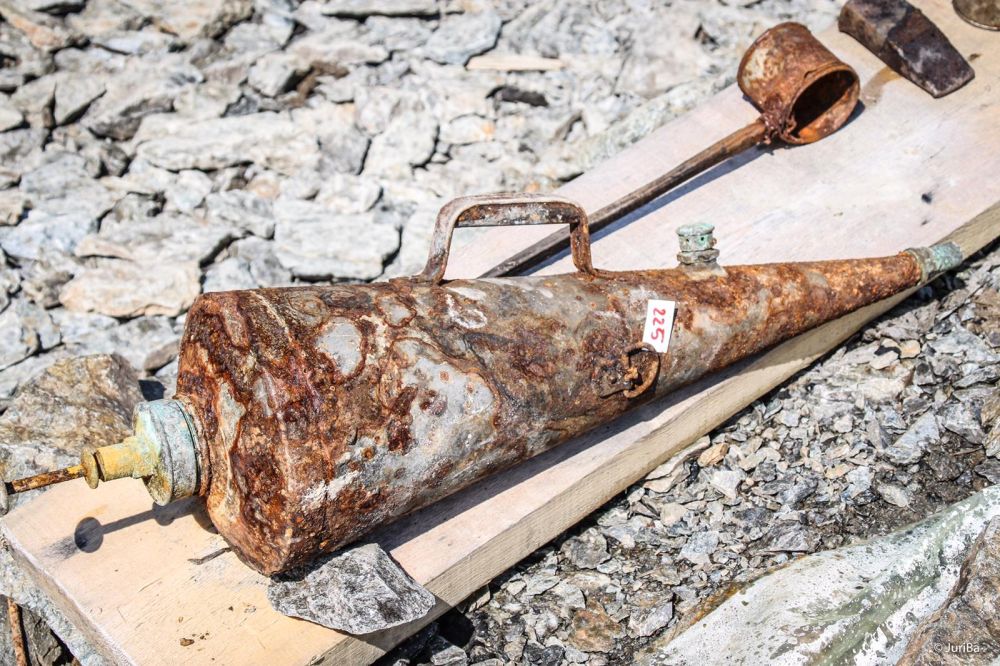
A fire extinguisher used by soldiers during World War I found at the site | Image: Stelvio National Park
Coordinator of heritage projects, Stelvio National Park, and historian Stefano Morosini said,
No one has ever been there since November 3, 1918. It was a sort of time machine. The entrance of the cave shelter was hidden and closed by ice. When the ice started melting it was possible to slither on the upper part of the barrack. The artifacts show that the soldiers had a poor daily life.
According to the scientific coordinator of Stelvio National Park, the wildlife population in the area has also decreased due to rising temperatures. The vegetative dynamic of the area has also changed due to the melting of glaciers. Human activities are mostly responsible for these climatic changes in these alps.
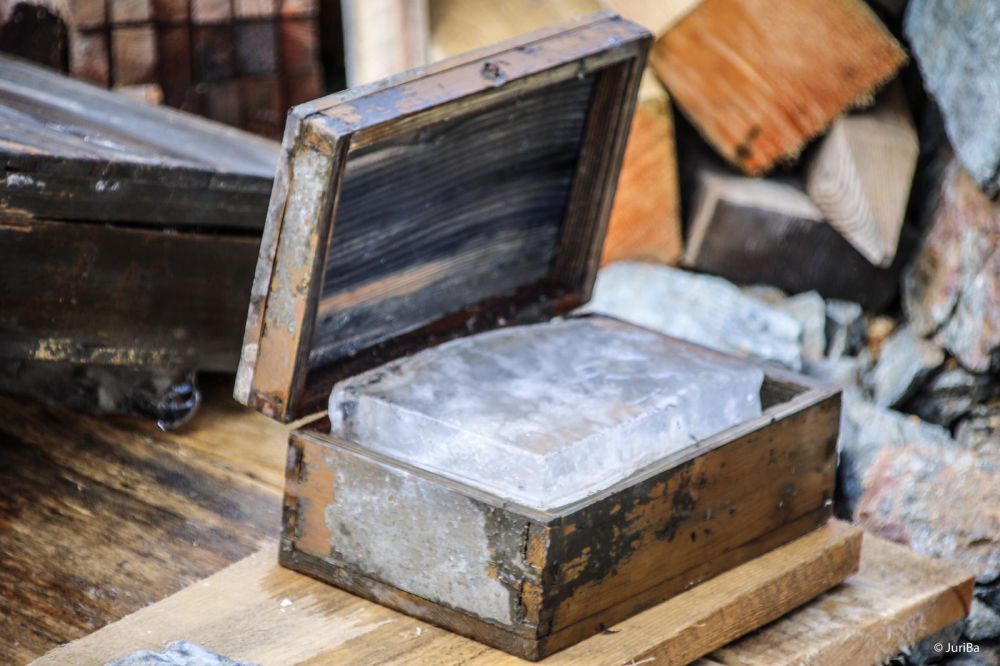
A box that soldiers used to keep bullets | Image: Stelvio National Park
The Italian Alps are not as cold as they were about a century ago. The effect of climate change can be felt in Italian as well as the European Alps. The Alps have heated by 2° C above pre-industrial levels, much faster than the global average.
Also Read: Increasing Temperatures and Melting Ice Sheets Could Add 15-Inches to Sea Level by 2100
In 2019, research published in The Cryosphere had revealed that glaciers of the Alps are going to shrink in half of their current area by the midcentury even if the carbon emissions somehow drop to zero as of tomorrow.
Via: The Guardian
